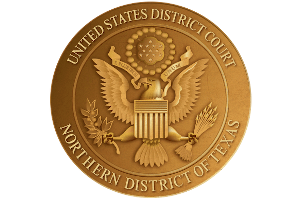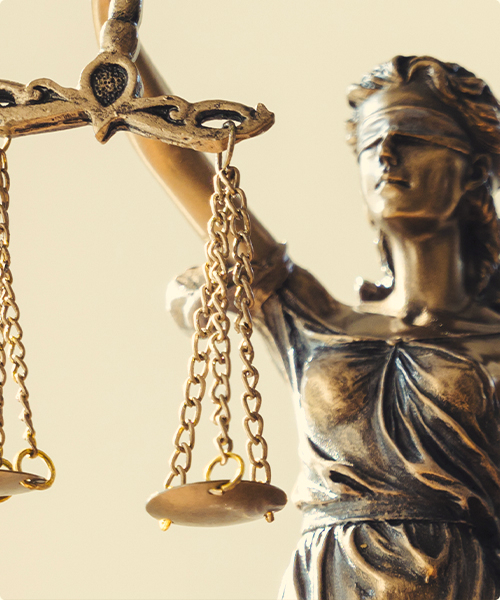- Contact Us Now: (713) 568-1723 Tap to Call
How must employers treat religious employees?
One of the founding concepts of this country is that everyone has the freedom to exercise their own religious beliefs. This protection doesn’t only involve community events. It extends to a person’s employment.
It is against the law for employers to discriminate against or harass an employee on the basis of a protected status. There are many points about this type of behavior that anyone in the workforce should be aware of.
What are discrimination and harassment?
Federal and state laws mandate that employees cannot be treated differently based on their religious beliefs. This includes things that happen during the hiring process, the course of employment and termination.
It is also against the law for employers to allow or create a hostile workplace. Harassment includes negative actions or statements that make fun of a person or threaten them because of this protected status. In order to be illegal, these breaches in conduct have to be serious or frequent.
Employers have to set clear guidelines about what is allowed and what isn’t. Harassment and discrimination must be forbidden in all areas of the company, including during contact with other employees, supervisors, investors, customers and vendors. There must be a plan in place for handling complaints.
What types of religious beliefs are protected?
Religious beliefs aren’t limited only to those associated with major, traditional religions like Christianity or Islam. They also include any sincerely held beliefs that are ethical or moral. These can include grooming practices, religious garb or the need to observe specific events. Individuals can’t be forced to participate in activities that go against their beliefs.
Employers must respect the employee’s religious needs as long as doing so doesn’t create an undue hardship on the company. For example, unless there is a serious safety issue, employees must be allowed to wear religious dress such as a headscarf or yarmulke. Women must be allowed to avoid pants or miniskirts if her religion forbids them. Accommodations must be made for facial hair like a beard for a Sikh worker or dreadlocks for a Rastafarian.
What can employees do if they’ve been victims of this atrocious behavior?
Employees who face harassment or discrimination for any reason have the right to file a complaint with the employer. You can also file one with the Equal Employment Opportunity Commission. Other actions, including lawsuits, might also be possible.








